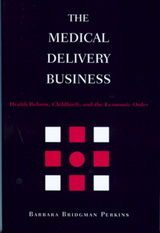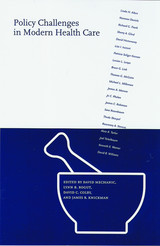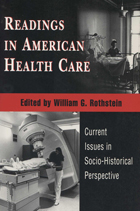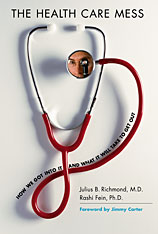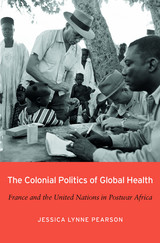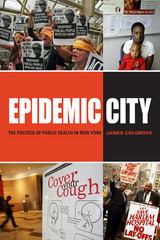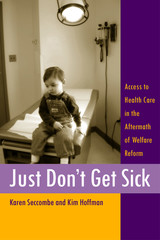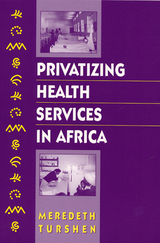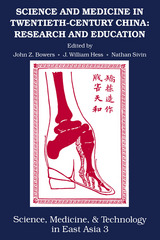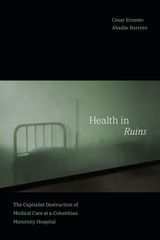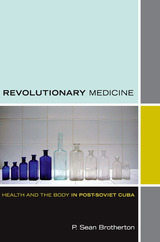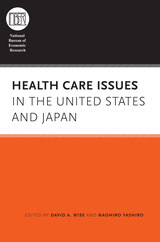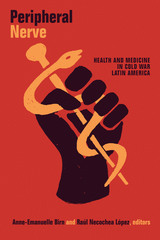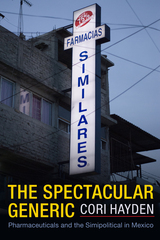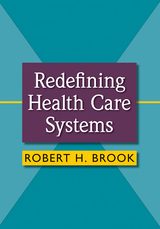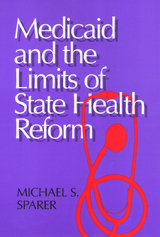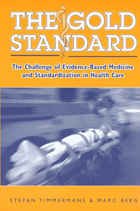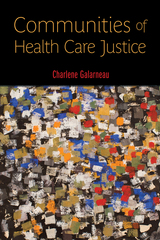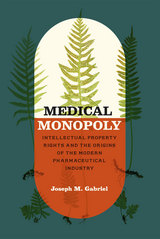Paper: 978-0-674-38525-2
Library of Congress Classification RA395.D44H46 1995
Dewey Decimal Classification 362.1091724
In Mexico City or Nairobi or Manila, a young girl in one part of the city is near death with measles, while, not far away, an elderly man awaits transplantation of a new kidney. How is one denied a cheap, simple, and effective remedy while another can command the most advanced technology medicine can offer? Can countries like Mexico, Kenya, or the Philippines, with limited funds and medical resources, find an affordable, effective, and fair way to balance competing health needs and demands?
Such dilemmas are the focus of this insightful book in which leading international researchers bring together the latest thinking on how developing countries can reform health care. The choices these poorer countries make today will determine the pace of health improvement for vast numbers of people now and in the future. Exploring new ideas and concepts, as well as the practical experiences of nations in all parts of the world, this volume provides valuable insights and information to both generalists and specialists interested in how health care will look in the world of the twenty-first century.
See other books on: Developing countries | Health care reform | Making Development Sustainable | Medical policy | Sustainable development
See other titles from Harvard University Press

